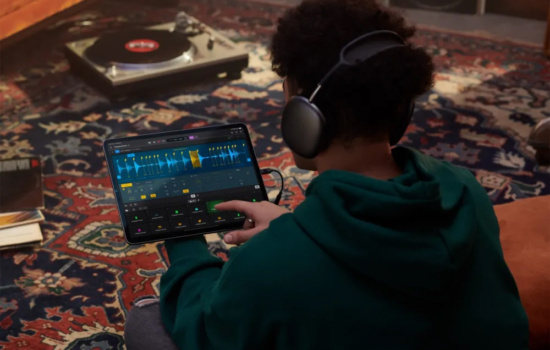When you feel obligated to create a certain kind of music, you can burn out quickly. Maybe it’s because of a deal you signed, or maybe it’s the expectations that fans put on you or that you place on yourself. Regardless of the source, that pressure moves your motivation from internal to external and, as we found in our last article on the topic, this can destroy your motivation.
Most of the artists I know who have overcome the problem take the Richard Feynman approach. He continues to say:
Now that I am burned out and I’ll never accomplish anything, I’ve got this nice position at the university teaching classes which I rather enjoy, and just like I read the Arabian Nights for pleasure, I’m going to play with physics, whenever I want to, without worrying about any importance whatsoever.
Basically: you refuse to accept external motivators or expectations. In fact, this is the result most obviously suggested by cognitive evaluation theory.
In Part 1, I described how this theory explains why we lose motivation when we get rewarded for our work. But an interesting finding of the theory is that if you choose to create art, and then are rewarded for it spontaneously, you don’t lose motivation at all. It is only when the reward motivates the art — and not the other way around — that you are lost.
I also think of this as the Radiohead response. When’s the last time they felt an obligation to anyone? They make the music they want to make, and they’re fortunate that they make money doing so. The money does not motivate the music.
Yet I was never able to use this response myself. There are two ways that it breaks down.
The first way is that it becomes impossible to ignore the rewards and pressures of the art you create. You know that fans are expecting you to come perform in their city and to release new music for them. Maybe you got behind on rent, and you know if you put out a new album, then you’ll make up the cash and you’ll be OK.
You don’t know if your new music will satisfy fans, or if you should stick with what you were making before. You come to care about your fans and it matters if you let them down — it’s not so easy to shrug off their expectations of you. You are now an artist who creates music knowing that rewards are waiting for you if you match your fan and label expectations.
It’s easy to claim purity until you actually find yourself in that situation. It’s never so clear from the inside. And so while I believe this advice is sound, that doesn’t mean it’s easy to take and it will not work for everyone.
Some artists can completely block out external motivators, but I think it’s an exceedingly rare quality. It may not be a quality you wish to cultivate in yourself. Is it such a good thing to discard the expectations of your fans so easily?


























